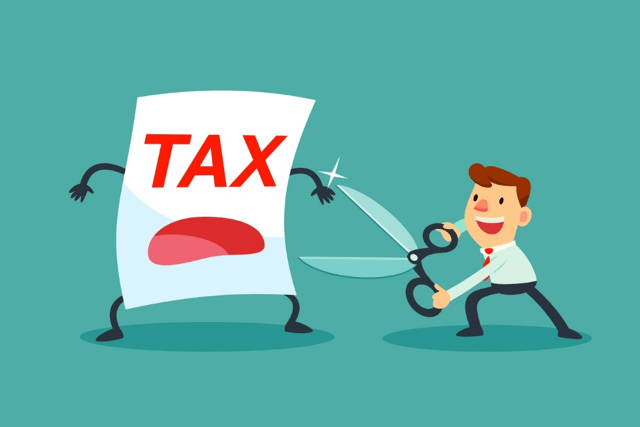
Tax abatement might sound complex, but it is essentially about reducing the tax amount you owe to the government. Here’s a breakdown of what tax abatement is and how it works.
What is tax abatement?
Abatement is the diminution or decrease in the amount of tax imposed, such that to abate is to “nullify or reduce in value or amount. In abatement or cancellation, no mutual concessions between the taxpayer and the CIR are made.
Who has the authority to abate?
CIR has the sole authority to abate or cancel internal revenue taxes, penalties and/or interest.
What is the coverage of the remedy of abatement?
The authority of the CIR to compromise is generally applicable to surcharge and compromise penalties only (R.R. No. 13-01. Sec. 4). However, in meritorious instances, the CIR may abate the interest as well as basic tax assessed, provided, however, that cases for abatement or cancellation of tax, penalties and/or interest by the CIR shall be coursed through certain officials (R.R, No. 13.01, Sec. 4).
When may the Commissioner abate or cancel tax liability?
The Commissioner has the authority to abate or cancel internal revenue taxes, penalties and/or interest when:
- The tax or any portion thereof appears to be unjustly or excessively assessed; or
- The administration and collection costs involved do not justify the collection of the amount due.
What are the instances when the penalties and/or interest imposed on the taxpayer may be abated on the ground that the imposition thereof is unjust or excessive?
The instances are the following:
- Filing of the return/payment of tax at the wrong venue;
- Taxpayer’s mistake in payment of tax is due to erroneous written official advice of a Revenue Officer;
- Taxpayer’s failure to file the return and pay the tax on time is due to Substantial losses from prolonged labor dispute, force majeure, legitimate business reverses such as in the following instances:
- Labor strike for more than 6 months which has caused the temporary shutdown of business;
- Public turmoil;
- Natural calamity such as lightning, earthquake, storm, flood and the like;
- Armed conflicts such as war or insurgency;
- Substantial losses sustained due to fire, robbery, theft or embezzlement;
- Continuous heavy losses incurred by the taxpayer for the last 2 years;
- Liquidity problem of the taxpayer for the last 3 years; or
- Such other instances which the CIR may deem analogous to the enumeration above.
- Assessment resulted from taxpayer’s noncompliance with the law due to a difficult interpretation of said law;
- Substantial losses sustained due to fire, robbery, theft or embezzlement;
- Taxpayer’s failure to file the return and pay the correct tax on time due to circumstances beyond his control;
- Late payment of tax under meritorious circumstances such as those provided hereunder:
- Use of wrong tax form but correct amount of tax was remitted;
- Filing an amended return under meritorious circumstances;
- Surcharge erroneously imposed;
- Late filing of return due to unresolved issue on classification/valuation of real property;
- Offsetting of taxes of the same kind, i.e., overpayment in one quarter/month is offset against underpayment in another quarter/month;
- Automatic offsetting of overpayment of one kind of withholding tax against the underpayment in another kind;
- Late remittance of withholding tax on compensation of expatriates for services rendered in the Philippines pending the issuance by the SEC of the license to the Philippine branch office or subsidiary;
- Wrong use of Tax Credit Certificate (TCC) where Tax Debit Memo (TDM) was not properly applied for; and
- Other analogous instances.
Note: In all the above-mentioned cases, the abatement shall cover surcharges, interest, and compromise penalty except Nos. 3 and 5, and 6(g) in which case the abatement shall not include interest, and 6(b) in which the abatement will cover only the penalties.
Does repeated request for abatement prevent the collection of deficiency tax?
No, repeated request for abatement does not prevent the collection of deficiency tax. The taxpayer questioned the computation of the deficiency tax but did not protest the FAN. Instead, it repeatedly requested to pay the deficiency in monthly installments. Moreover, due to its sensitive financial situation, the taxpayer requested for the reduction, waiver, and abatement of the interest and compromise penalty. The Court held that the repeated request of the taxpayer for reduction, waiver or abatement did not induce the BIR to postpone its collection nor did it warrant the suspension of the prescriptive period for the BIR to collect the assessed taxes.
Source:
National Internal Revenue Code, as amended by TRAIN Law.
R.R. No. 13-01


